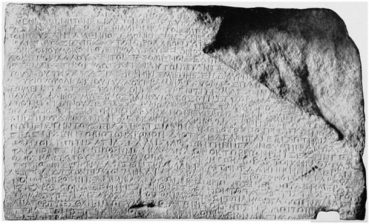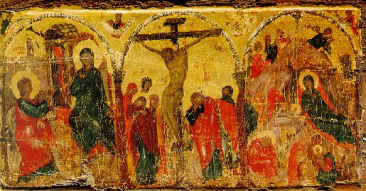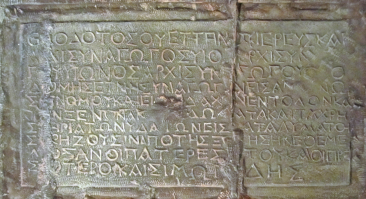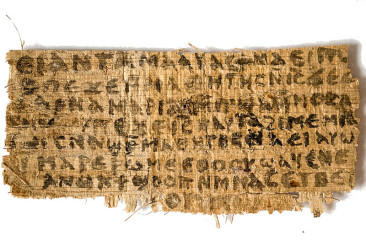On this day in 63 BCE, Gaius Octavius Thurinus was born. When he was nineteen, he would become the adopted heir of his great-uncle, Julius Caesar. We know him as Octavianus or Caesar Augustus, the first Emperor of Rome.
Later during his reign, his birth was celebrated as that of a Savior, as is recorded in the Greek Priene Calendar Inscription:
Continue reading










